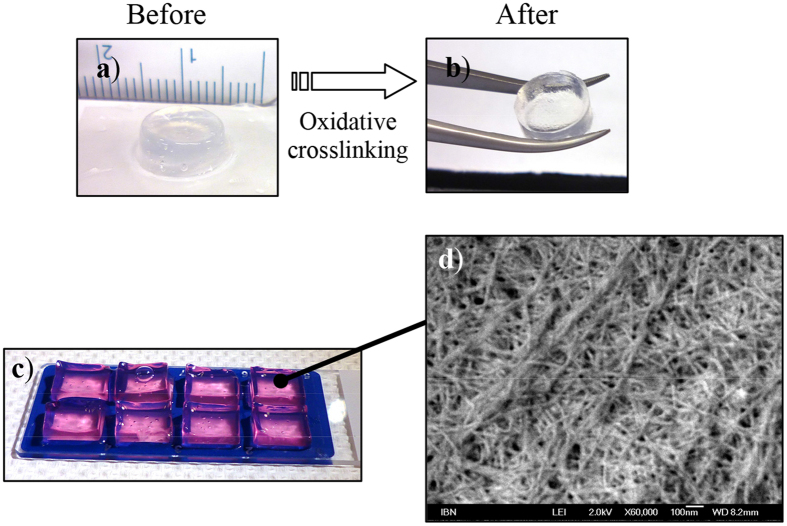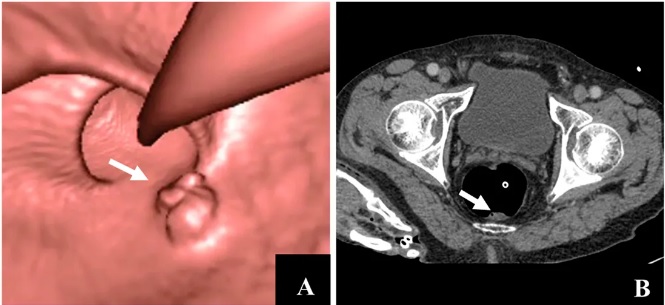Breakthrough in Liver Organoids: Functional Blood Vessels Grown in Lab

In a landmark achievement for regenerative medicine, researchers from Cincinnati Children’s Hospital and their collaborators in Japan have successfully developed liver organoids that incorporate functional blood vessels. This innovative work, detailed in a study published on July 4, 2025, in *Nature Biomedical Engineering*, holds promise for advancing treatments for hemophilia and liver diseases.
Leading the research, Dr. Takanori Takebe, MD, who serves as the Director for Commercial Innovation at the Cincinnati Children’s Center for Stem Cell and Organoid Research and Medicine (CuSTOM), emphasized the significance of this breakthrough. "Our research represents a significant step forward in understanding and replicating the complex cellular interactions that occur in liver development," he stated. The collaboration included esteemed institutions such as the Institute of Science Tokyo, the Icahn School of Medicine at Mount Sinai, and Takeda Pharmaceutical Co.
Historically, the creation of functional organoids has faced challenges due to the lack of internal systems like blood vessels and nerves. This study surmounts that barrier by utilizing a novel inverted multilayered air-liquid interface (IMALI) culture system that allows the differentiation of human pluripotent stem cells into liver sinusoidal endothelial progenitors (iLSEP). These progenitor cells were cultivated in a manner that promoted natural communication among the different cell types, leading to the successful formation of complex liver components, including both arterial and sinusoidal vessel progenitors. Dr. Norikazu Saiki from the Institute of Science Tokyo, the study's first author, noted, "The success occurred in part because the different cell types were grown as neighbors that naturally communicated with each other."
Key findings from this research included the creation of perfused blood vessels that exhibited functional sinusoidal-like features, enabling blood flow. Furthermore, the liver organoids demonstrated the ability to produce four critical blood clotting factors, notably Factor VIII, which is absent in individuals with hemophilia A. In preliminary mouse models, the Factor VIII produced by the organoids effectively reversed severe bleeding, highlighting the potential for these organoids to serve as viable treatment sources.
According to the Centers for Disease Control and Prevention (CDC), approximately 33,000 males in the United States are diagnosed with hemophilia, predominantly hemophilia A. While treatment options exist, including coagulation factor injections, around 20% of patients develop resistance to these therapies. Dr. Takebe remarked, "If these advanced liver organoids can be produced at scale, they could become a viable treatment source that would benefit people who have developed inhibitors or are not indicated for gene therapy."
The implications of this breakthrough extend beyond hemophilia treatment. Patients with liver failure often experience deficiencies in clotting factors, elevating their surgical risks. A scalable organoid factory that continuously produces and releases therapeutic proteins could be instrumental in supporting these individuals.
Looking ahead, researchers aim to refine this technology to generate complex liver tissues, potentially paving the way for repairing or even replacing damaged human livers. The IMALI culture method not only enhances liver organoid technology but could also revolutionize the creation of organ-specific vasculature in other organoids, thereby expanding the horizons of regenerative medicine. As the field of organoid research continues to evolve, the prospects for improved treatments for various diseases grow increasingly promising.
Advertisement
Tags
Advertisement





